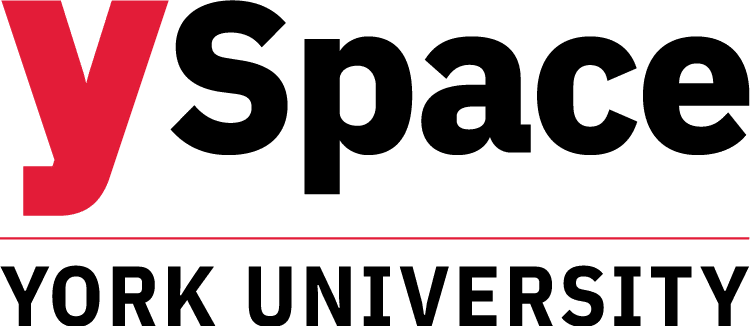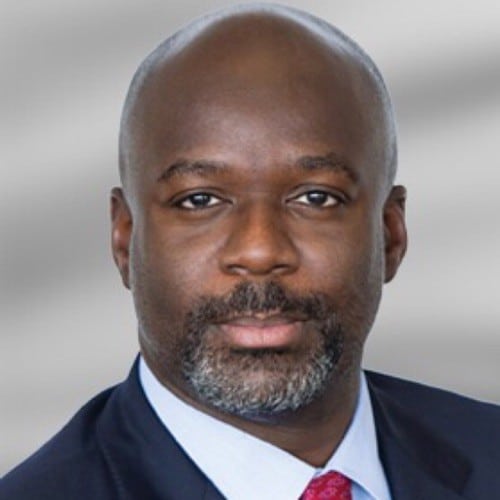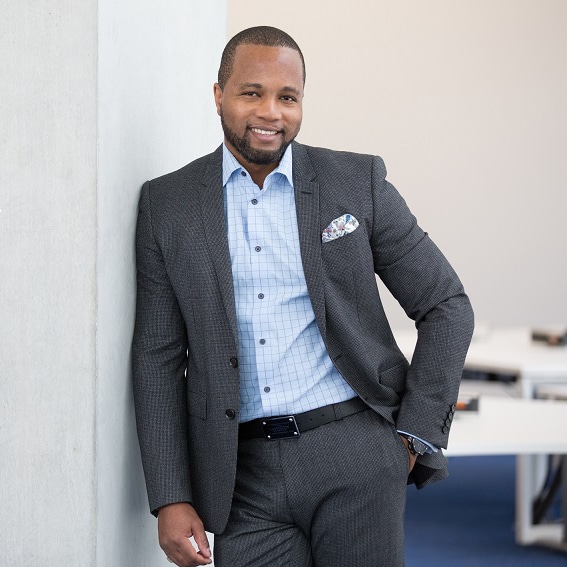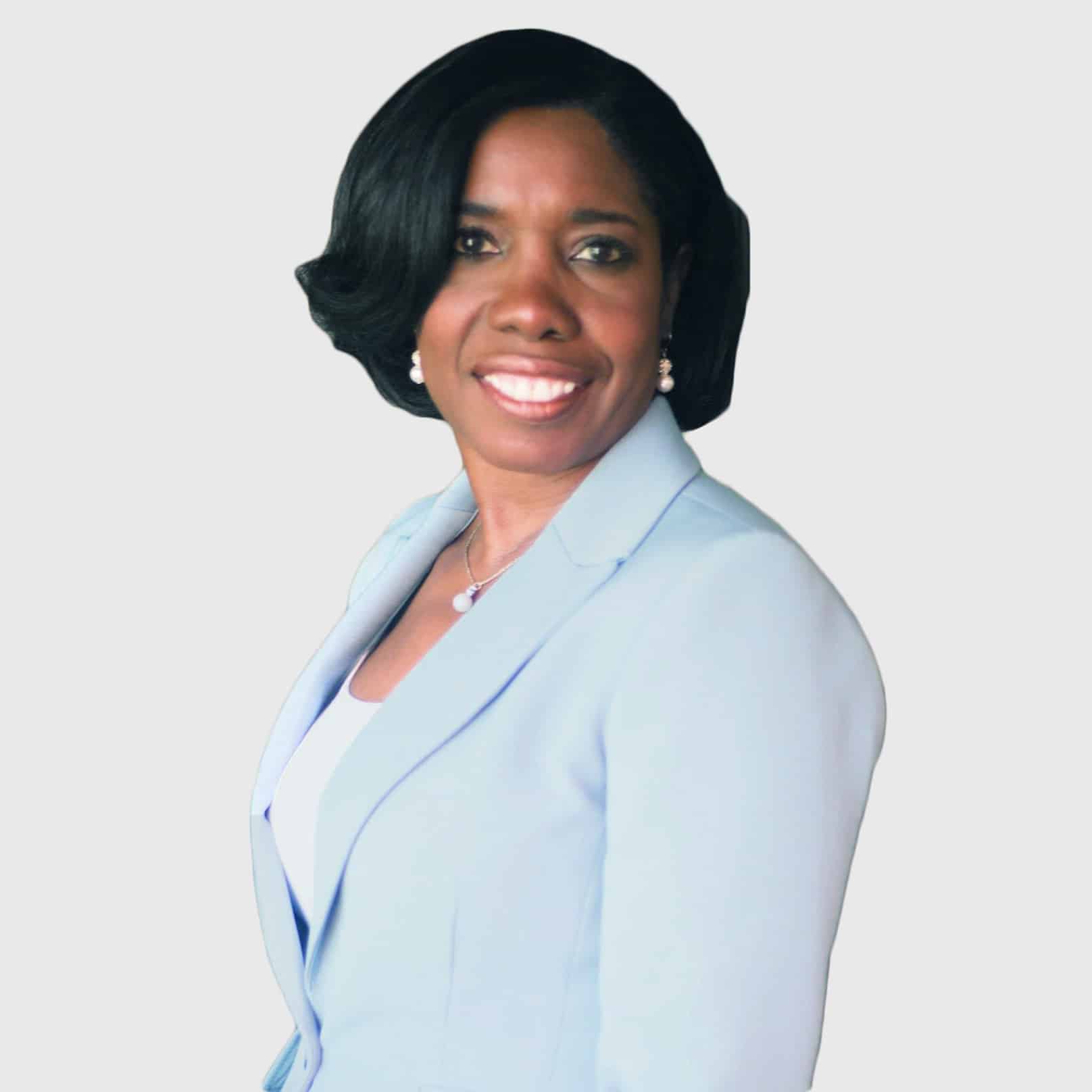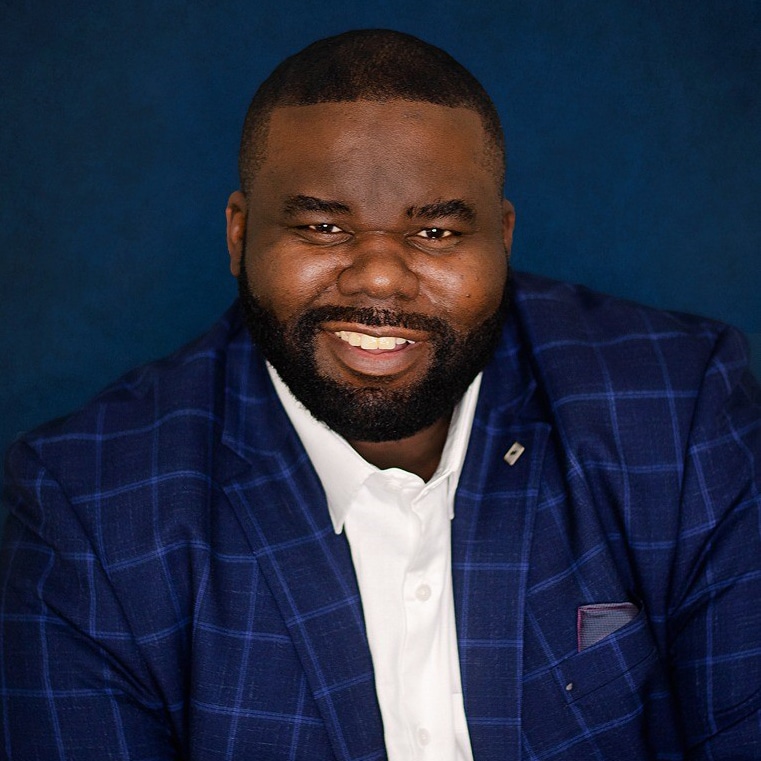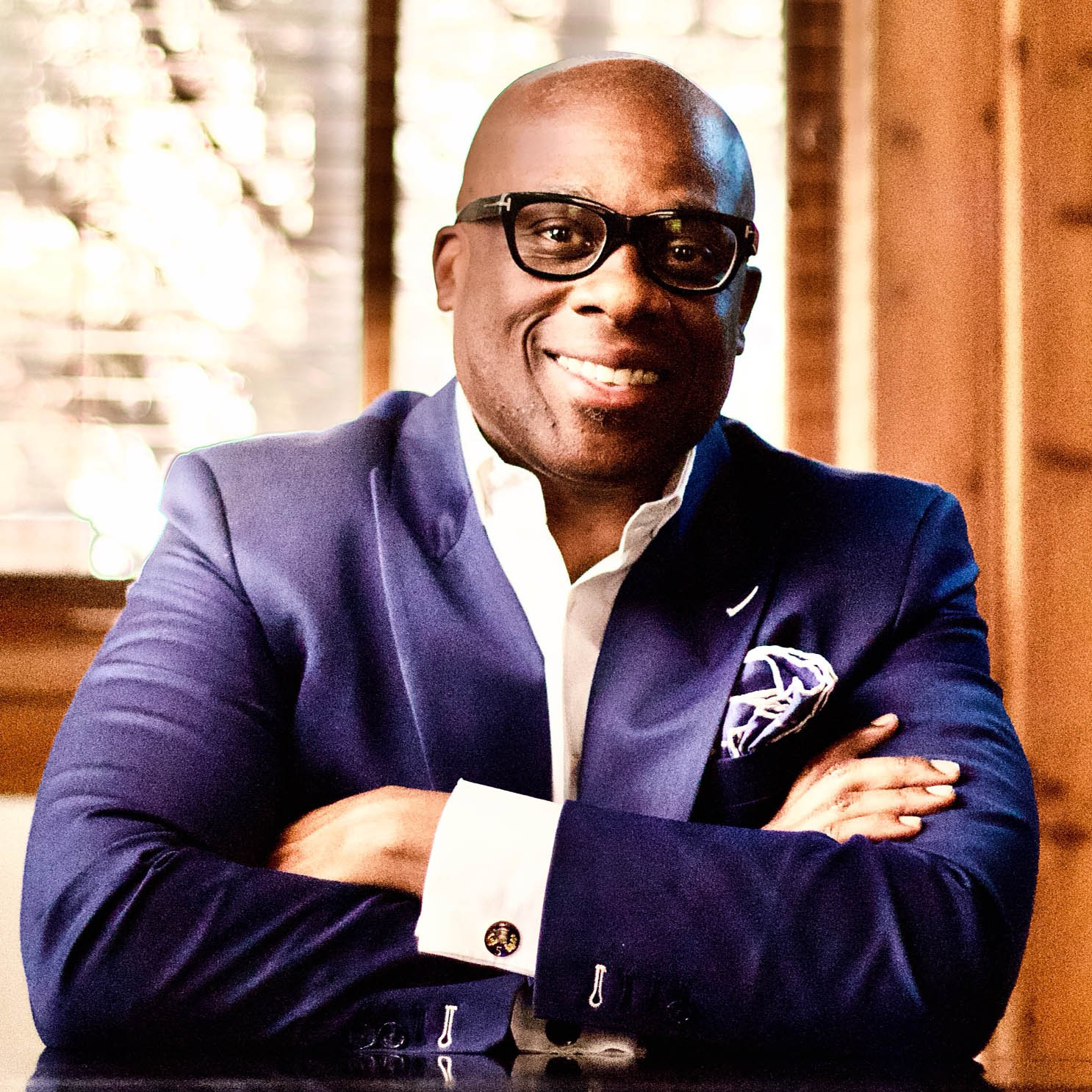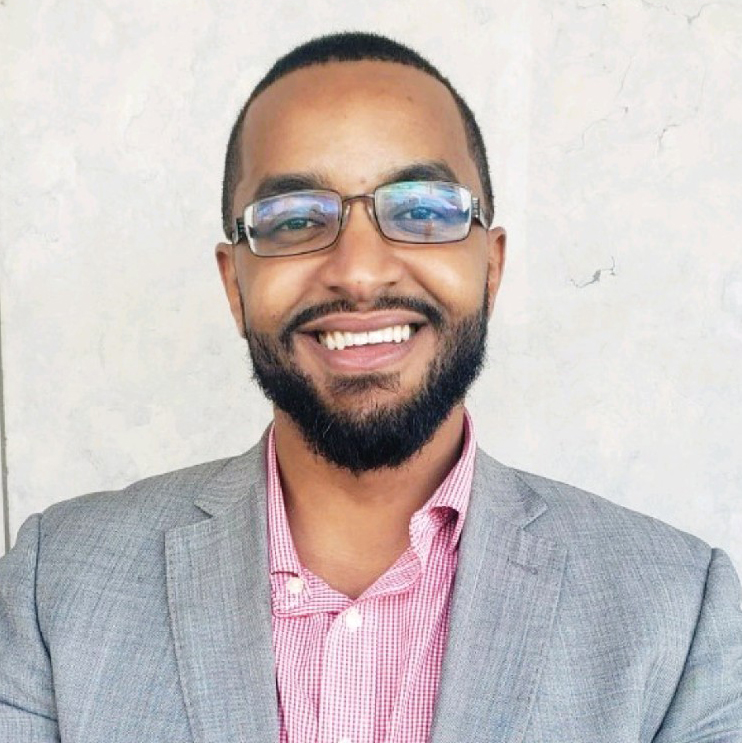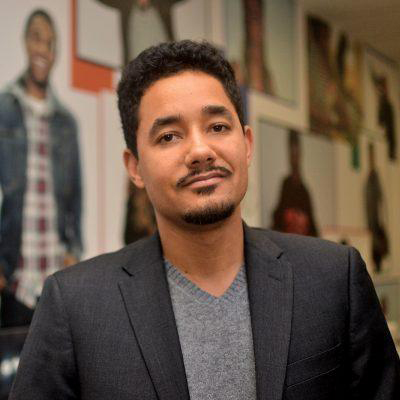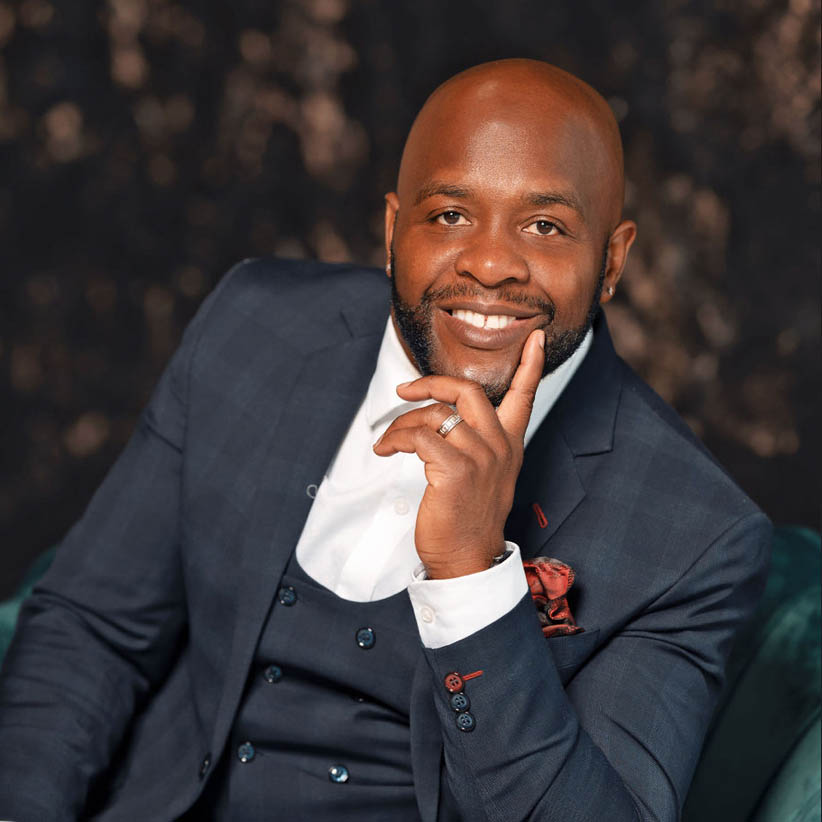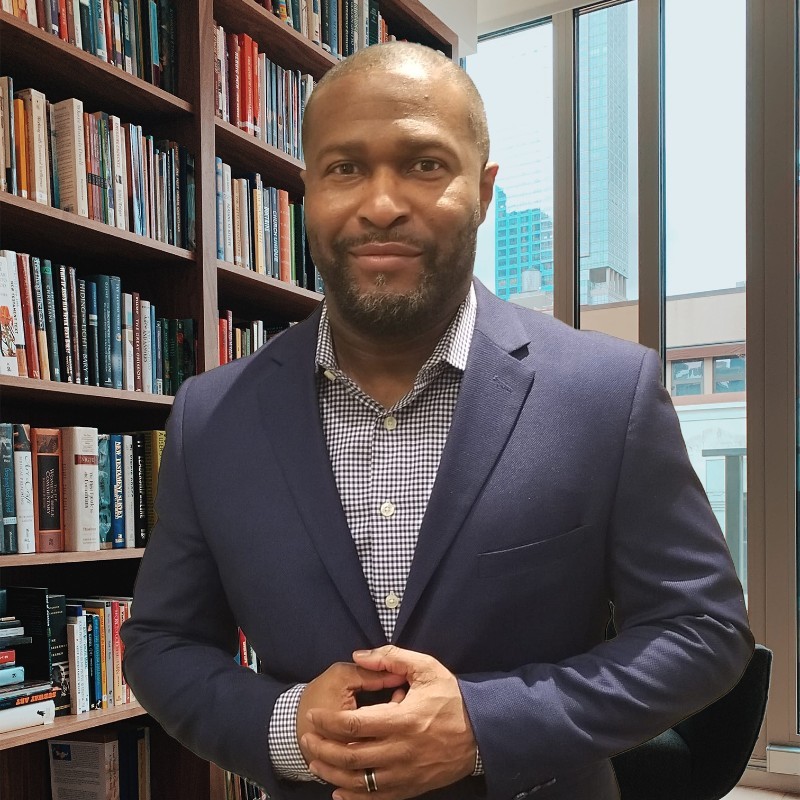A Platform for the Stories We're Creating Together
The best of the BIPOC community on display
Breaking through the barriers of economic inequality with leaders and peers that you can relate to because YOU CAN SEE YOURSELF IN THEM. This forum is designed to encourage and empower you.
We’re using stories, images and videos to change the social, financial and psychological health of the BIPOC community.
"Our people, method and approach presents a formula that is essential to helping build financial literacy and security."
Why the LEGUP Symposium is needed
The damages caused by financial instability are not limited to the pockets of these communities. Mental health is one of the major epidemics affecting black communities to the tune that 38.8% percent of Black Canadians in difficult financial situations face mental health issues. The number one reason for divorce in the Black community is financial security. These factors generate incalculable damage in families and communities. They destroy the family structure and negatively impact future generations – who are raised in unstable homes and with nothing to hope nor strive for. There is an urgent need to revamp the way that Canadians receive financial services to equally share opportunities in this new era of financial services.
In this new era of financial services, technology driven wealth, accessibility and equity is proliferated by the role that technology startups and serial entrepreneurship is playing in furthering the wealth gap, not only in Canada but globally. It is not just founders of venture-backed startups who tend to be distinctly non-diverse— there are also, typically, few employees who are people of color. This makes yet another route to building wealth that has been largely closed to most members of marginalized communities.
To get a foot in the door, barriers such as a lack of network and connections or even an understanding of how to build generation wealth need to be broken down.


The damages caused by financial instability are not limited to the pockets of these communities. Mental health is one of the major epidemics affecting black communities to the tune that 38.8% percent of Black Canadians in difficult financial situations face mental health issues. The number one reason for divorce in the Black community is financial security. These factors generate incalculable damage in families and communities. They destroy the family structure and negatively impact future generations – who are raised in unstable homes and with nothing to hope nor strive for. There is an urgent need to revamp the way that Canadians receive financial services to equally share opportunities in this new era of financial services.
In this new era of financial services, technology driven wealth, accessibility and equity is proliferated by the role that technology startups and serial entrepreneurship is playing in furthering the wealth gap, not only in Canada but globally. It is not just founders of venture-backed startups who tend to be distinctly non-diverse— there are also, typically, few employees who are people of color. This makes yet another route to building wealth that has been largely closed to most members of marginalized communities.
To get a foot in the door, barriers such as a lack of network and connections or even an understanding of how to build generation wealth need to be broken down.

The Adinkra Symbol of knowledge, life-long education and continued quest for knowledge
Symposium theme
NEA ONNIM NO SUA A, OHU
"He who does not know can know from learning"
The theme of the 2023 symposium is Nea Onnim No Sua A, Ohu which translates to “He who does not know can know from learning.” Nea Onnim is a symbol of knowledge and the pursuit of education.
This symbol promotes the accumulation of knowledge in any form, whether formally or informally, as a means of achieving enlightenment and personal development. In addition to this, it emphasizes the significance of sharing one’s knowledge with others as a means of constructing a community that is both more powerful and better informed.
Event Discussions
Innovation:
Staying At The Forefront
The pace of innovation moves at the speed of light and the future belongs to the disruptors. Join the discussions to ensure you don’t get left behind. Find out about: careers, skills, tools, business and trends that are shaping financial goals in a changing and ever evolving digital world.
Technology:
Forge Into The Future Of Digital Finance & Wealth Creation
The financial ecosystem is on the cusp of a new era. Join us in our efforts to help the BIPOC community participate in building a more sustainable society and feel confident that they can meet their financial goals in a changing and ever evolving digital world.
Sustainability:
Network With Leaders And Peers
Connect with leaders across industries that you can relate to, because you can see yourself in them, Engage with professionals who are breaking through the barriers of financial inequity, becoming more financial empowered, living better and healthier lives, and becoming more active participants in economic decisions.







